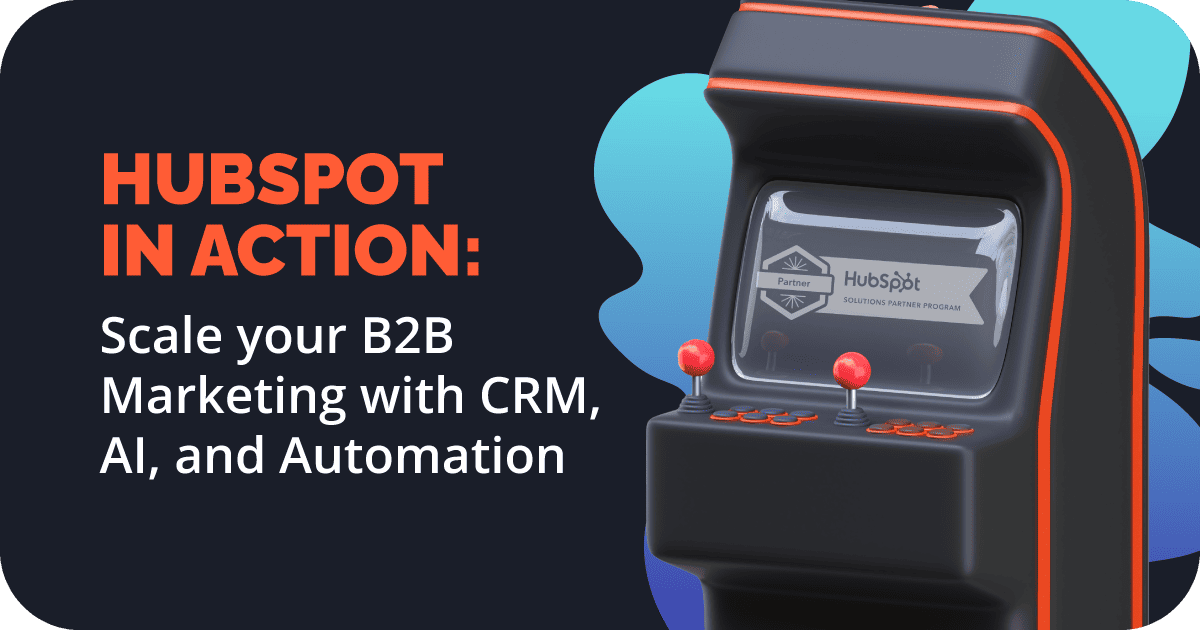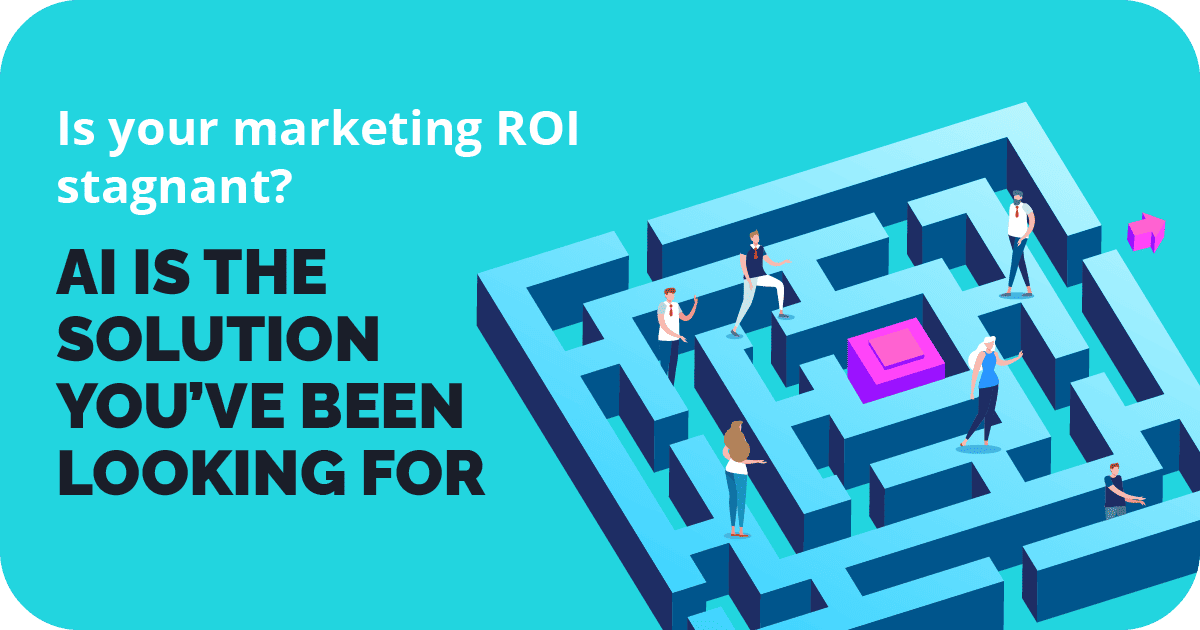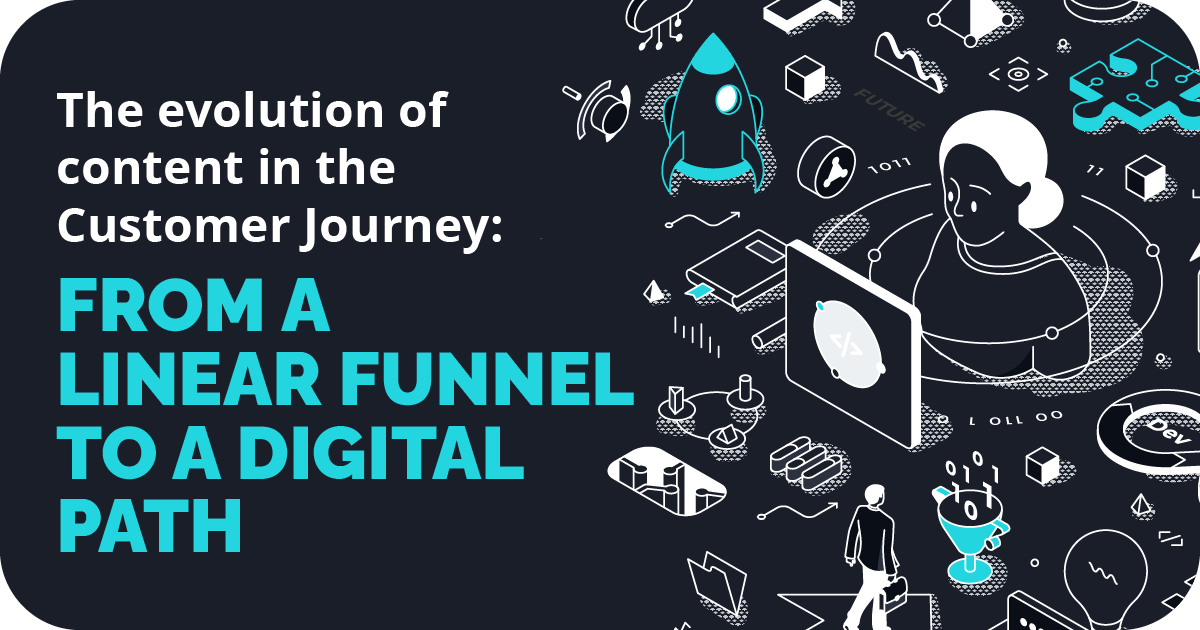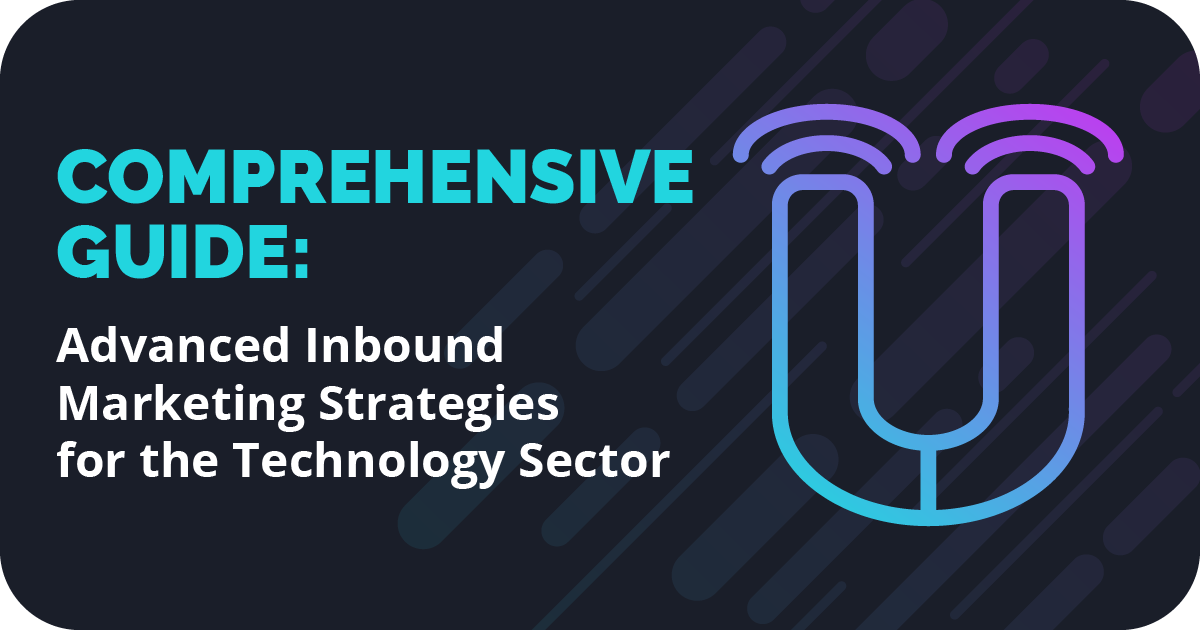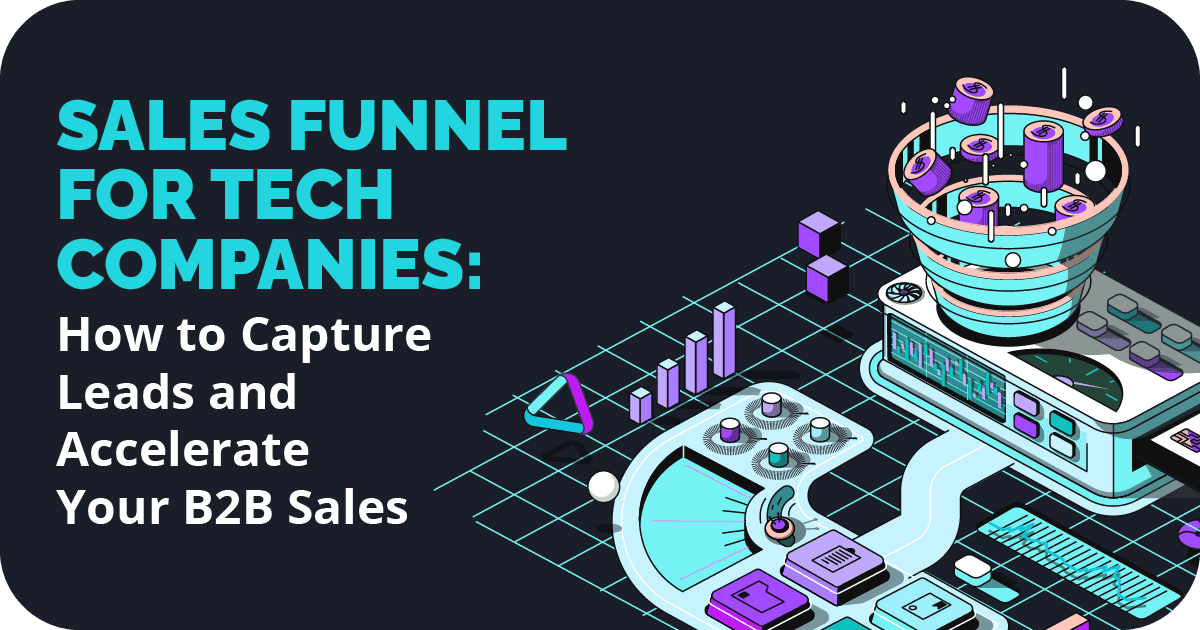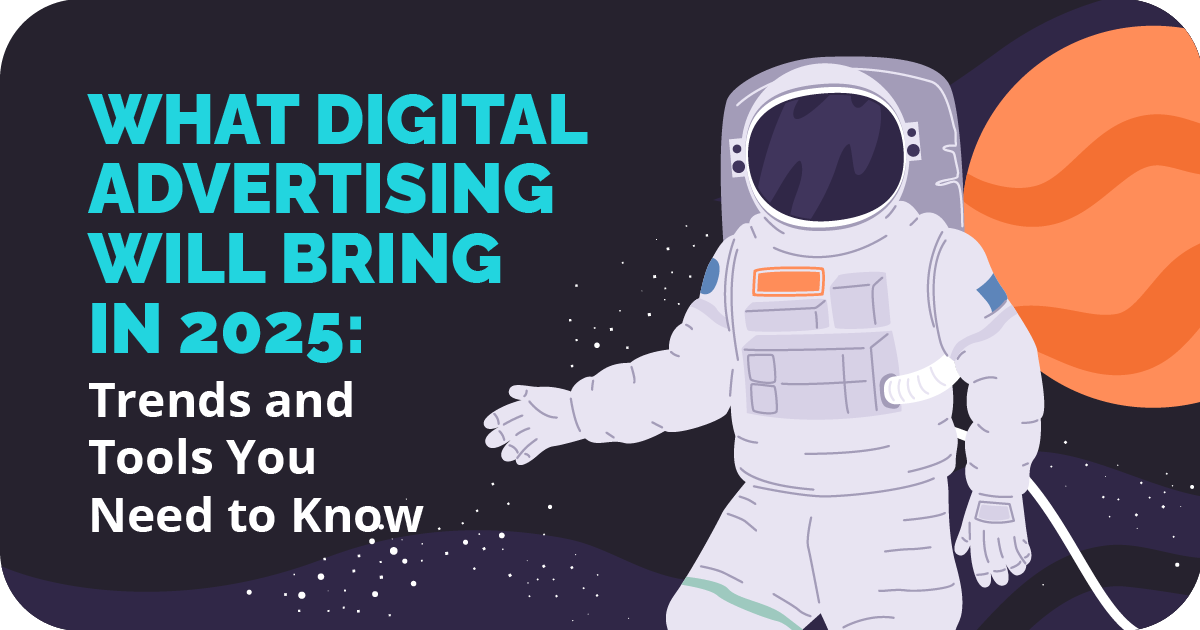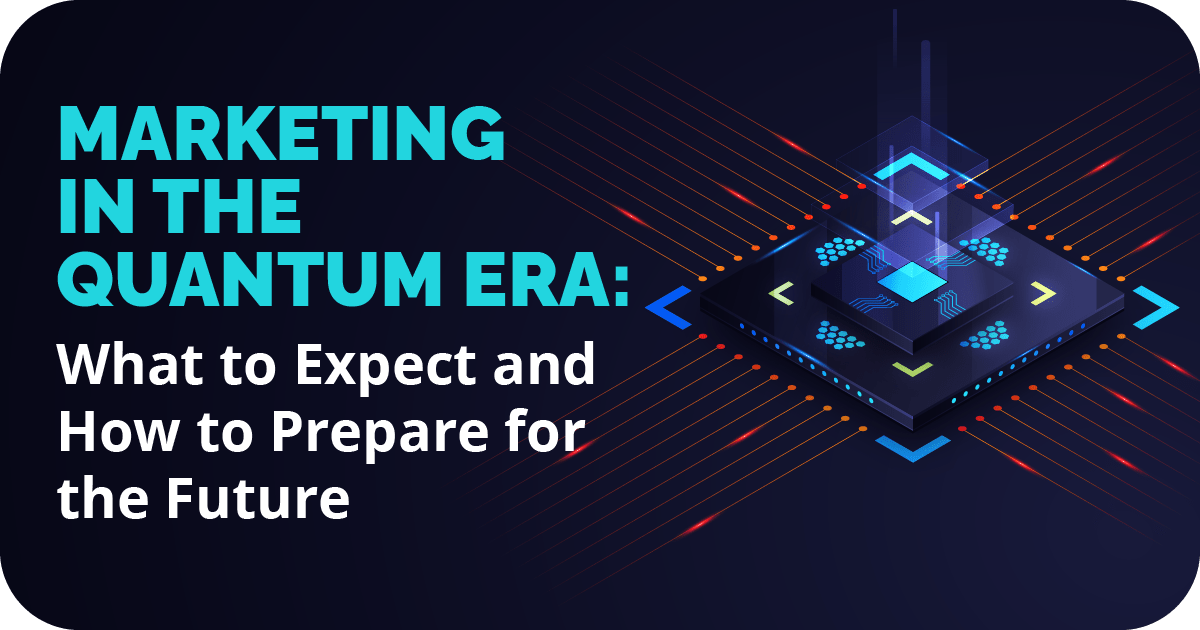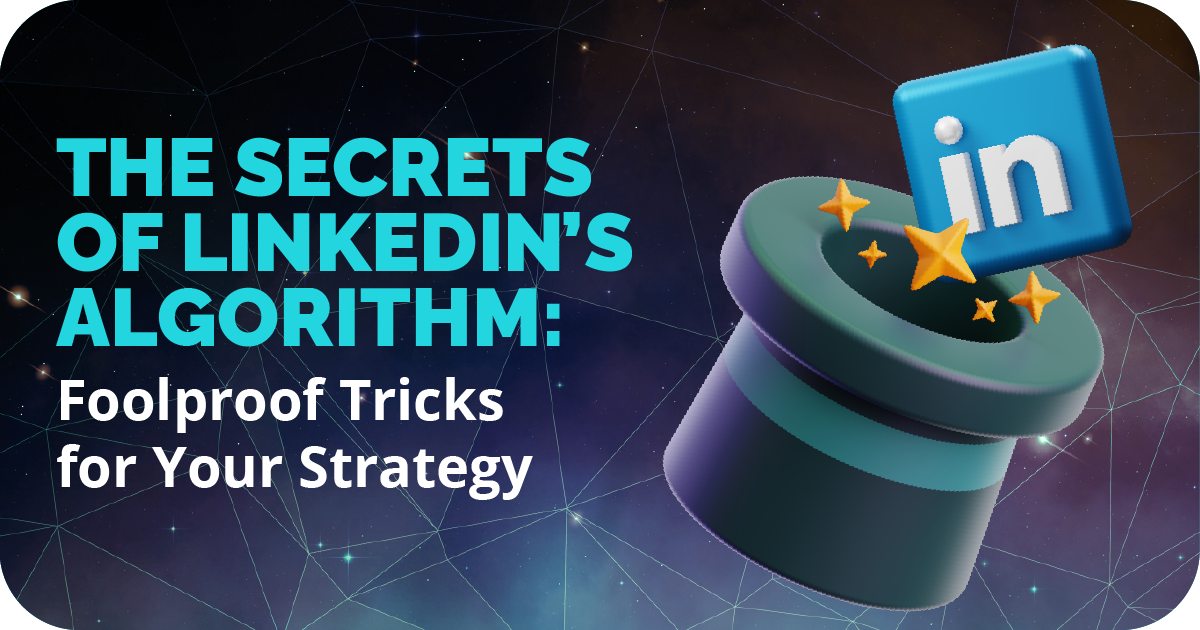It’s time to enter the world of immersive technologies!
AR+VR = IMMERSIVE ENGAGEMENT = ⬆︎ CONVERSION
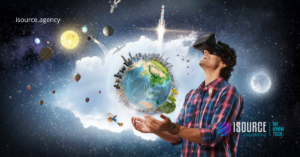 For several years now, many brands have been investing in alternative marketing strategies by sharing the stories behind their products and services. The growing trend of content creation instead of ad generation has established them as storytellers and creators of experiences, which is why more companies are showing interest in immersive technologies.
For several years now, many brands have been investing in alternative marketing strategies by sharing the stories behind their products and services. The growing trend of content creation instead of ad generation has established them as storytellers and creators of experiences, which is why more companies are showing interest in immersive technologies.
It is no secret that members of the marketing industry are cautious about taking on augmented reality (AR), virtual reality (VR), and extended reality (RX) as part of their initiatives. Not many companies are willing to try them because there is no immediate or safe guaranteed return on investment, valid metrics, or ability to reach a mass audience. But because they are so powerful and effective, Isource Marketing encourages you to adopt these three immersive technologies in your next marketing strategy.
Virtual Reality
VR provides a great emotional resonance as well as new and engaging experiences. It goes far beyond just watching an advertisement or video, it entails personal interaction and making the consumer feel as though they are part of something.
Thanks to VR devices, real situations can be recreated through 360-degree videos, renders, or applications in which the user is invited to feel a different immersion, in the first person and, above all, emotionally. In essence: it is about advertising products and services concerning the emotional needs of potential clients.
VR allows storytelling to be more immersive, turning the user into the protagonist and making spatial limits disappear. For this reason, the presentation of products – for example – is more stimulating, thereby increasing the chances of the campaign’s success and sales. The same happens in events when demonstrating products or services at fairs and conferences, with interactive experiences that generate greater engagement through gamification.
VR allows for greater emotional intensity and new engaging experiences.
International studies have revealed that due to the lack of external distractions such as the environment, cellphones, and social networks to name a few and being completely immersed, users exposed to content and advertisements in VR retain almost 90% of the information. In fact, it is claimed that 30 seconds of VR experience is comparable to more than 5 minutes of standard video or other traditional forms.
We encourage you to visit our Virtual Showroom, where we have virtual meetings with our clients via desktops or virtual reality, regardless of the location or nation from which they are coming from. The barriers vanish in the Showroom, and staff, visitors, and customers all feel a sense of connection and closeness. Click here for more information, and enjoy!
Another intriguing virtual reality experience is the Boursin cheese brand. The user is taken on an interactive and immersive tour of a refrigerator. You can even move your smartphone around on the mobile version to see the experience come to life! Boursin® Sensorium 360 Virtual Reality Experience
Augmented reality (AR)
Since Apple and Google launched their own AR kits in 2017, an increasing number of applications that use this technology on smartphones are increasingly used by consumers. In fact, the number of AR users in the United States in 2021 is expected to reach 85 million, according to Statista. Globally, that number is projected to reach nearly 2 billion by 2025, and the size of the AR market worldwide is to exceed 198 billion users. Amazing isn’t it?
The undeniable future of digital marketing is AR. Just as social networks changed the way brands advertise and communicate with consumers, with AR filters, brands can display their products in a more immersive way. This way they can explore different spaces and learn more about products and services by using various resources such as texts, 3D models, and animations, to name a few.
AR is the indisputable future of digital marketing.
It also allows companies to communicate with their customers in unusual ways like the iconic Ikea brand does with its Ikea Place application, which lets you visualize how the furniture in the catalog appears at home. The potential of presenting a 3D model in a real setting is seen in the following AR success story from the well-known furniture business. Using a catalog, the user can install virtual furniture in their own home:
Inside, Isource Marketing has produced numerous Snapchat filters, such as the one seen below, for an anti-terrorist campaign sponsored by the group The Facts Now:
Check out this HEICO-requested development for internal training purposes. It is a catalog that allows the company’s commercial staff to present their clients with the company’s supply of aviation components for repair and replacement when necessary. Also, these parts can be viewed in RA or in a 3D viewer, in order to know their name, code, and description.
Extended Reality (XR)
Although online sales have far exceeded offline sales, there are still a significant number of consumers who prefer to make their purchases in person and in the store. It is via the RX – a term that refers to the combination of all physical and virtual environments – that they create new solutions, allowing companies to reach people with their products and services.
The fundamental reason for its significance is that it removes the barrier of distance. As the number of activities expands and gets geographically distributed, the RX aids in bridging the gaps caused by distances.
In the following Mixed Reality (MR) video (which, like XR, refers to mixed real and virtual worlds and human-machine interactions), Windows displays its well-known Windows Mixed Reality, which helps expand the ecosystem of the said platform beyond a PC.
https://www.youtube.com/watch?v=2MqGrF6JaOM
The future of digital marketing
Digital marketing’s Future AR, VR, and RX are here to stay and are technologies that cannot be ignored in your marketing plan. Companies will be able to improve the experience they provide their consumers as a result of them and will result in a rise in business and sales potential.
Are you ready to dive into the realm of virtual reality? We have skilled specialists at Isource Marketing that specialize in the creation of native applications for various VR, AR, and XR viewers and platforms, as well as AR filters for social networks and WebXR experiences. Please get in touch with us by clicking here!



